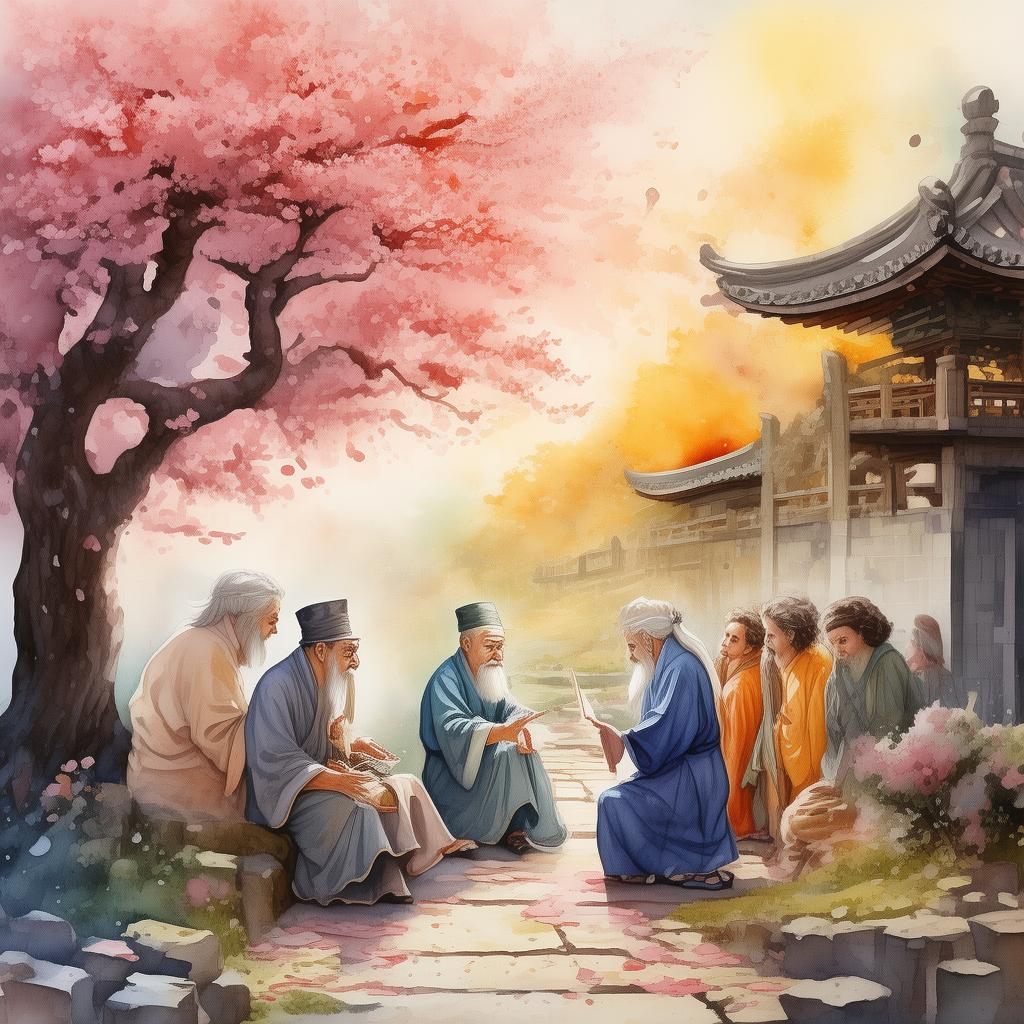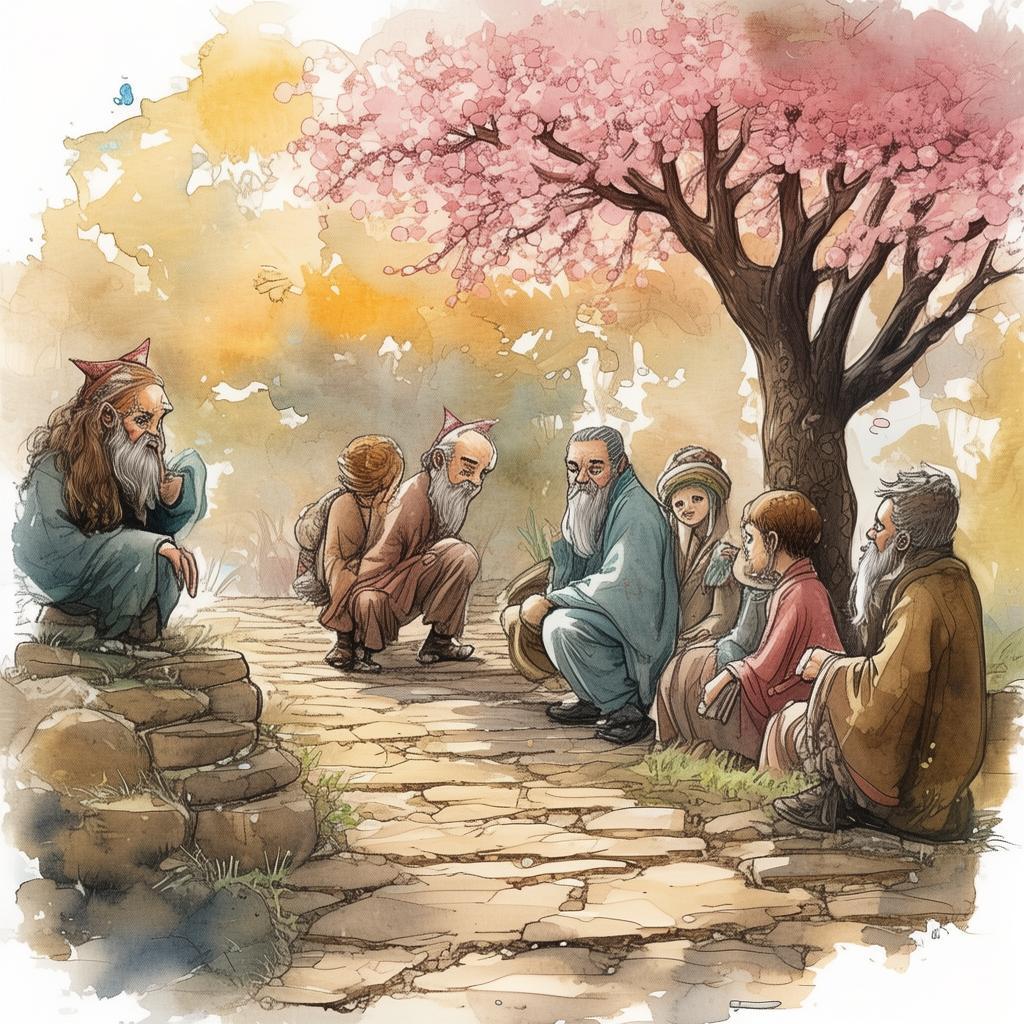Whispers of Hypocrisy: The Paradox of the Pious Politician
In the bustling metropolis of New York, amidst the towering skyscrapers and the ceaseless hum of city life, there lived a man whose name was whispered with reverence and suspicion alike. His name was Jonathan Paine, a politician who had risen from the ranks of the common folk to become the most powerful figure in the city. He was known for his unwavering commitment to ethics, his compassionate heart, and his impeccable moral compass. Yet, as the story unfolds, the true nature of Jonathan Paine is revealed, and the public is left to question the very foundation of their trust in him.
The story begins with Jonathan's meteoric rise to fame. He was a man of the people, always willing to listen to their concerns and fight for their rights. His speeches were filled with passion and his policies were designed to uplift the poor and the marginalized. The people of New York, weary of the corrupt politicians who had come before, saw in Jonathan a beacon of hope.
However, as Jonathan's power grew, so did the whispers of his hypocrisy. The first hint came when a local journalist, Emily Carter, uncovered that Jonathan had been investing in a company that was responsible for the exploitation of workers in a foreign country. The revelation was shocking, but Jonathan managed to weather the storm with his usual charm and eloquence. "I was unaware of these practices," he claimed, "and I will take immediate action to rectify the situation."
But the storm was just beginning. Emily Carter, undeterred by Jonathan's denial, delved deeper into his past. She discovered that Jonathan had, in fact, been involved in numerous other unethical dealings, all of which were meticulously hidden from the public eye. Each new revelation was met with a public apology from Jonathan, each apology followed by a promise to change.
As the story progresses, the moral paradox becomes increasingly evident. Jonathan Paine, the man who had vowed to bring ethics back to politics, was now the embodiment of the very corruption he had vowed to eliminate. The public was divided; some believed that Jonathan was truly a man of change, while others saw him as a master manipulator.
The climax of the story comes when Emily Carter uncovers the most damaging piece of evidence yet: a video that shows Jonathan actively participating in a secret meeting with other corrupt politicians, plotting to undermine the very democracy they were supposed to protect. The video goes viral, and the public is left reeling.

In the aftermath, Jonathan Paine's public image crumbles. His supporters desert him, his career is destroyed, and he is left to face the consequences of his actions. The final scene of the story is one of reflection. Jonathan, alone in his office, looks at the empty chair across from him, the chair once filled with the hopes and dreams of the people he had betrayed.
The story ends with a twist that leaves the reader pondering the nature of ethics and the cost of power. Was Jonathan Paine ever truly a man of integrity, or was he always just a master of deception? The answer, perhaps, lies in the moral paradox that is the essence of his character.
In "Whispers of Hypocrisy: The Paradox of the Pious Politician," the reader is taken on a journey through the moral complexities of political life, challenging the very notion of what it means to be ethical in a world where appearances can be deceiving.
✨ Original Statement ✨
All articles published on this website (including but not limited to text, images, videos, and other content) are original or authorized for reposting and are protected by relevant laws. Without the explicit written permission of this website, no individual or organization may copy, modify, repost, or use the content for commercial purposes.
If you need to quote or cooperate, please contact this site for authorization. We reserve the right to pursue legal responsibility for any unauthorized use.
Hereby declared.









